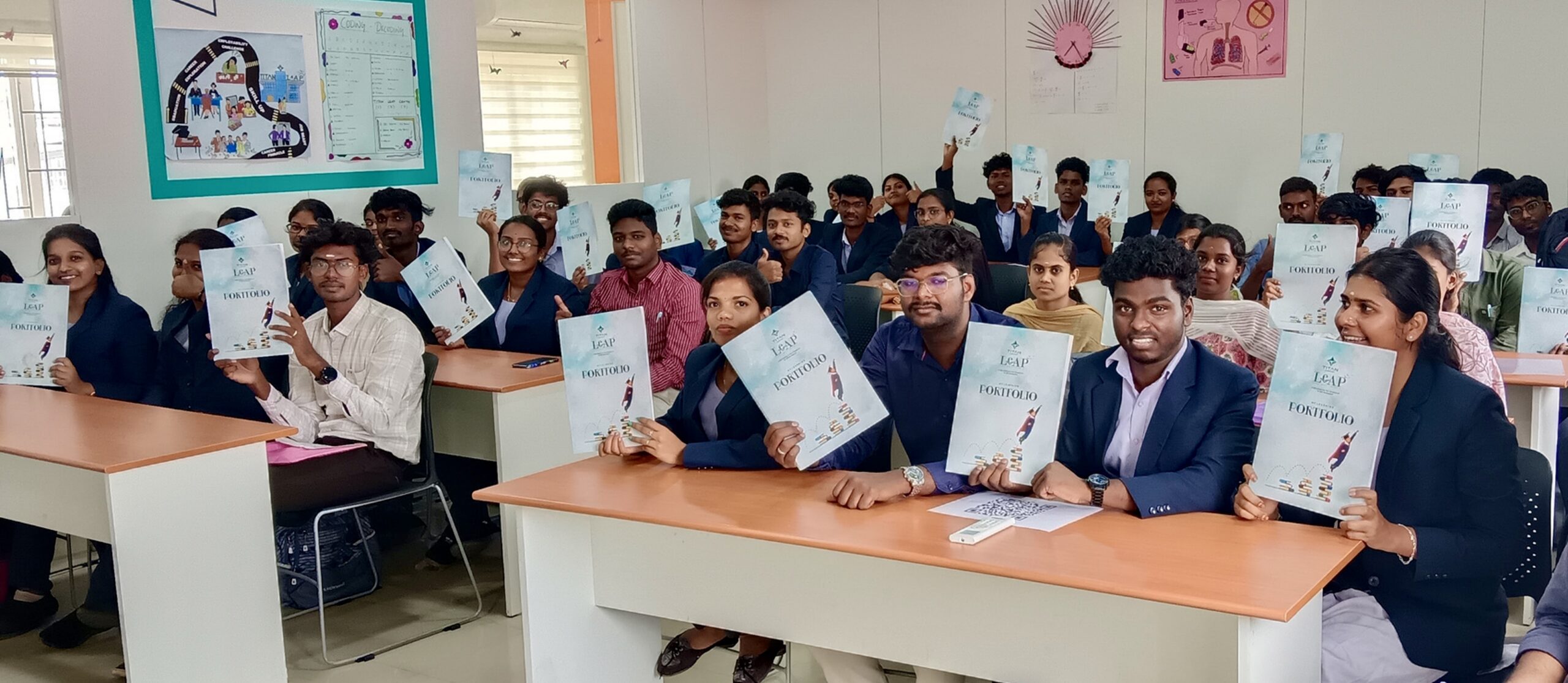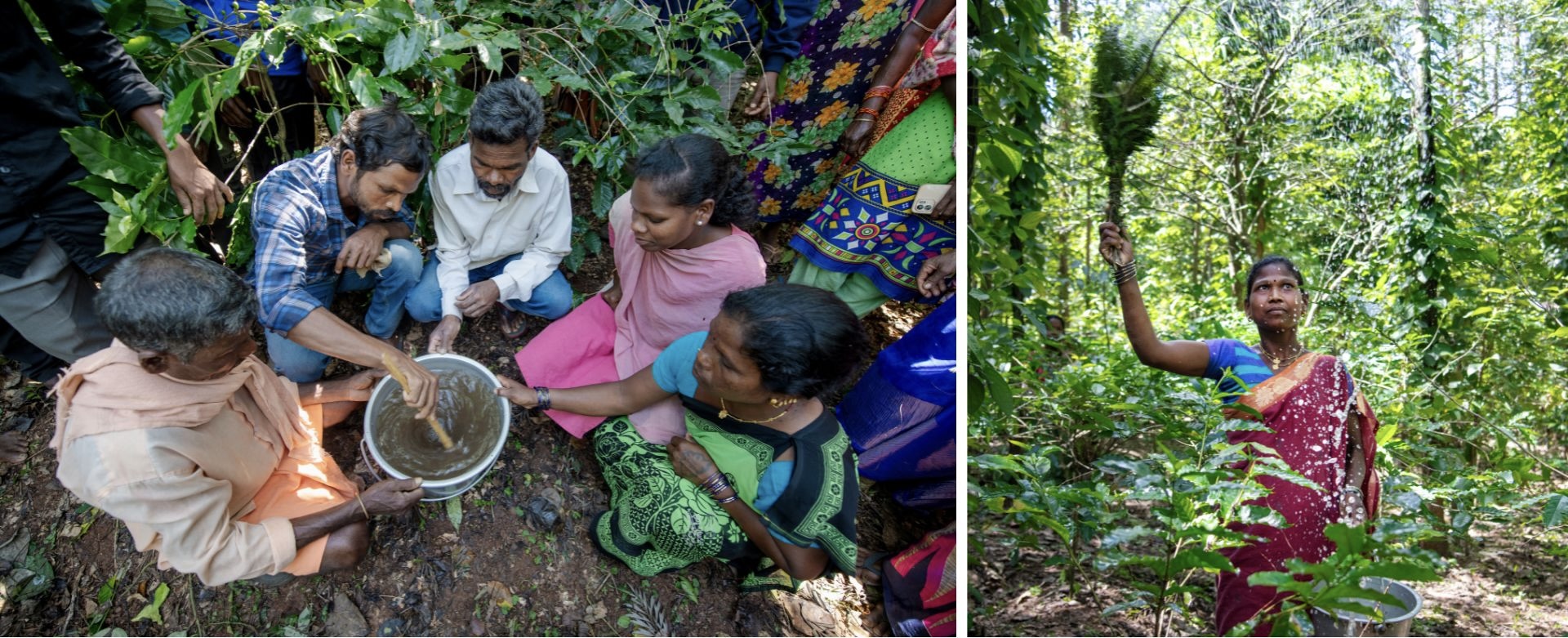Welcome back to the unfolding story of MACs—Araku’s Small and Marginal Tribal Farmers Mutually Aided Cooperative Society. After reading in Part 1 how MACs emerged from humble beginnings to become the heartbeat of a chemical-free, organic-regenerative coffee revival deeply rooted in community knowledge and sustainable practices, we now invite you to read further about the pivotal years beginning in 2007, when MACs was first formed. This is when MACs truly took ownership of organic-regenerative coffee cultivation operations, setting in motion agricultural priorities and traditions that continue to shape their influence across Araku’s community of farmers and the landscapes they tend to.
From 2007, after MACs was officially registered as a cooperative, they began taking over all the organic-regenerative coffee cultivation operations, focusing on three objectives that would shape its success. First, it was critical to manage the entire organic-regenerative input supply chain by locally producing all organic bio-inputs and delivering them to farmers engaged in the Farmer Field Schools, fostering hands-on learning at multiple levels. Second, the cooperative needed to champion coffee quality, which was celebrated and improved through the annual Gems of Araku Ceremony, organised by MACS from 2009 onward. This event invited an international coffee jury and agronomists not just to award the best-tasting coffee, but to assess the season’s healthiest farms and inspire the community with new insights about how to improve farm health even further. Finally, MACS established a system for aggregation of premium coffee. The famed Red Truck system became a powerful motivator and a promise: villages of farmers who attended training, who thoroughly implemented all organic-regenerative practices and only hand-picked cherries of the deepest crimson red, could count on the Red Truck coming especially to their village for a ‘door-to-door’ procurement process.

This system sparked a positive feedback loop that inspired more farmers to join the project as they witnessed that organic-regenerative coffee cultivation was not only effective in diversifying and protecting their farms and forests, but very profitable too. Today, MACS continues to carry out a diverse range of tasks all year long, constantly expanding its reach: it has registered and trained over 30,000 coffee farmers, ensuring their plots immediately enter the organic certification pipeline. It leads Farmer Field Schools and adapts content to realities on the ground. It coordinates the production and distribution of bio-inputs that now serve not only coffee growers, but also farmers of ginger, turmeric, rajma, and millets.
Most importantly, MACS is leading large-scale reforestation efforts, which have supported the planting of nearly 50 million trees to stabilise soils and revive forest diversity as a precursor for high-quality coffee. The cooperative also manages hiring and training local individuals to oversee and run the Coffee Processing Unit, where harvested cherries are pulped, fermented, washed, and dried in adherence to rigorous quality control standards set by the global speciality coffee market. From here, the parchment coffee product—organic, traceable, and reflective of Araku’s transformation story—is branded as ARAKU Coffee and shipped to the five ARAKU cafes in Paris, Bangalore, and Mumbai, and to many other speciality coffee buyers and artisanal roasters around the world.

Having seen how far and fast they have evolved, MACs is more than just a cooperative to us; it is a living model of self-determination. It is also a model of grassroots development, proving that community-led organic-regenerative agriculture is not an abstract ideal talked about in policy papers, but a tangible reality that can be achieved at scale by any community committed to protecting natural resources they have likely depended on for generations. In the hands of communities who once faced exploitation and ecological decline, cooperation indeed became the foundation for renewal—of land, livelihoods, and dignity. In this regard, cooperatives truly do embody a certain grassroots power needed to build, or re-build, a better world, as they did in the hills of Araku.




